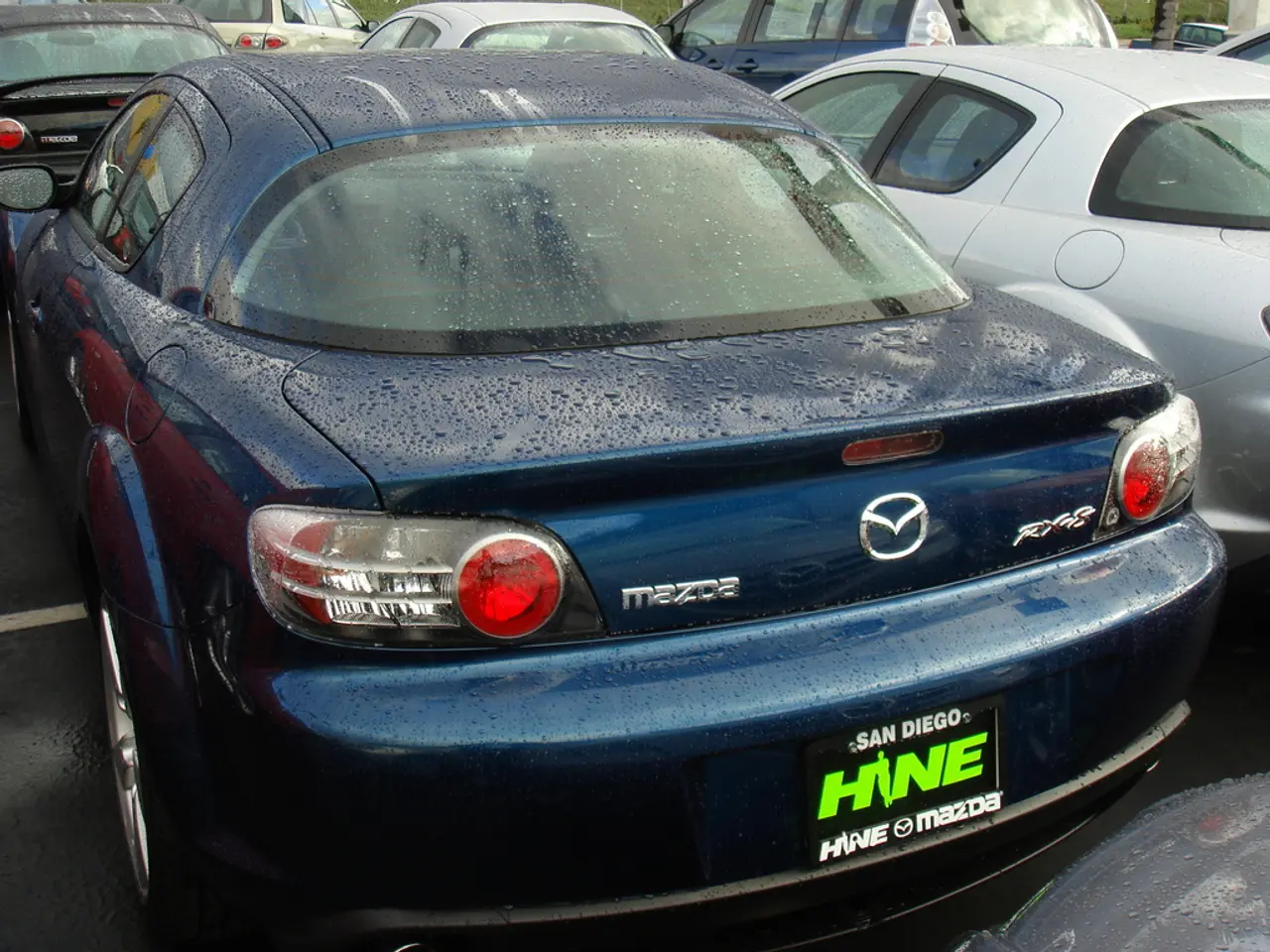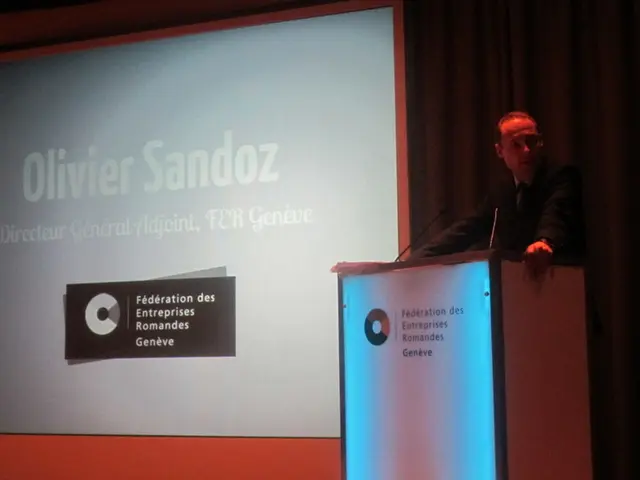Porsche is planning to significantly dismantle its battery subsidiary.
Porsche's battery subsidiary, Cellforce, is set for a significant transformation, with plans to largely shut down operations and downsize to a small research and development (R&D) unit. This decision follows Porsche's strategic realignment of its battery activities earlier in 2025, abandoning earlier plans to expand Cellforce's production of high-performance battery cells.
The decision to downsize Cellforce comes in response to a number of factors, including:
- Slowing electric vehicle (EV) adoption and market demand, particularly in key markets like China and the USA, which have not developed as expected for luxury electric cars.
- Insufficient production volumes and lack of economies of scale, making independent large-scale cell production commercially unfeasible for Porsche alone.
- Strategic focus shifts by Porsche to prioritize cell and system development internally, rather than managing full battery cell manufacturing.
Originally, Cellforce was founded in 2021 as a joint venture with Customcells to develop high-performance cells for Porsche’s sports cars, with ambitions of producing up to 20 GWh. However, those ambitions were scaled back sharply in 2025 before the shutdown decision.
Following the downsizing, Porsche intends to retain core battery R&D expertise within Cellforce and offer affected employees opportunities at Volkswagen’s battery subsidiary PowerCo or related units. Porsche remains committed to electrification but will rely on external battery production partners rather than in-house cell manufacturing.
The end of Cellforce is a significant step for the VW subsidiary, as Porsche CEO Oliver Blume wanted to upgrade the sports car manufacturer to the electric pioneer with its own battery production. However, the transition to e-mobility is running slower than expected, leading to investments in new internal combustion engines since the beginning of the year.
It is unclear how much funding Porsche will receive for the settlement of Cellforce, with around 60 million euros announced but it is unclear how much money has actually flowed. The write-offs on the production facilities of Cellforce are said to cost Porsche 295 million euros.
Nearly 200 employees at Cellforce may lose their jobs, as a mass layoff notice was filed with the employment agency in Reutlingen. A spokesperson for Kretschmann declined to comment on internal conversations, while a Porsche spokesperson declined to comment on the amount of funding.
Defense companies are said to be interested in the parts of Cellforce to develop batteries for military drones, but it remains to be seen whether any such deals will materialize. Porsche CEO Blume informed the state government, led by Minister President Winfried Kretschmann (Greens), about the plan, but a Porsche spokesperson declined to comment on the details.
BMW emissaries were in Kirchentellinsfurt at the beginning of August to potentially invest in the parts of Cellforce, but it is unclear whether any such deal has been finalized. Porsche's development board member Michael Steiner is scheduled to speak at a general assembly for Cellforce employees on the coming Monday.
In summary, Porsche is largely shutting down Cellforce primarily due to challenging market conditions, slower-than-expected EV demand, and the economic impracticality of independently producing battery cells at scale. Cellforce will continue solely as a smaller R&D entity focused on battery technology development.








